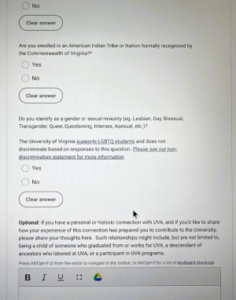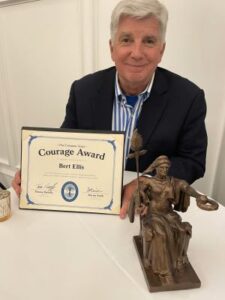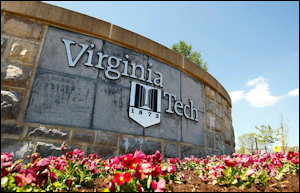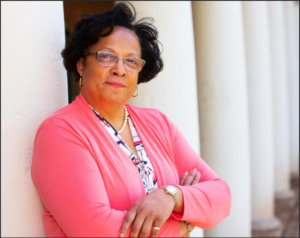
Where’s my podcast, dude?
by Walter Smith
In 2019 the Carter G. Woodson Institute, founded to teach and research African-American studies at the University of Virginia, announced a major initiative: a six-part podcast series exploring “Jefferson’s complicated legacy.” Funding was obtained, a launch party was thrown, and two episodes were aired. Then the podcast went silent.
What happened? Why didn’t the Woodson Institute follow the project to completion? Why would UVa heavily promote the initiative in its house media only to let it quietly disappear?
It is an arcane story, yet a telling one. It reveals much about what UVa has become. Ever since the infamous F— UVA sign was posted on the Lawn and its author referred in a secretly recorded conversation with President Jim Ryan to Thomas Jefferson as a “slave-holding rapist,” many alumni have wondered where the animus against Jefferson originated. The answer is that it comes in considerable part from the administration.
The rollout. The Woodson Institute filed a grant application with UVA’s Bicentennial Fund to produce the six episodes and was awarded $20,000 to do so. The timeline in the grant application anticipated a release in the fall of 2018 in the lead-up to the 200th anniversary of UVa’s founding.
The rollout didn’t take place until February 2019. That month UVA Today featured, “Notes on the State of Virginia,” billing it as a six-part series exploring explore Jefferson’s legacy. Continue reading


 The Common Sense Society, an international organization dedicated to championing liberty, prosperity and beauty, has awarded its Common Sense Courage Award to Bert Ellis, serial entrepreneur, president emeritus of The Jefferson Council, and member of the University of Virginia Board of Visitors.
The Common Sense Society, an international organization dedicated to championing liberty, prosperity and beauty, has awarded its Common Sense Courage Award to Bert Ellis, serial entrepreneur, president emeritus of The Jefferson Council, and member of the University of Virginia Board of Visitors.




